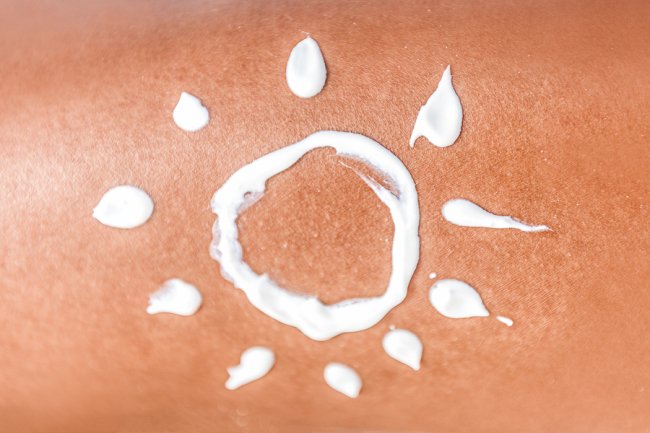Get the Truth Behind These Common Sunscreen Myths

Sunscreen should be an important part of your skin care regime. Unfortunately, myths about sunscreen keep some people from using it properly—or from using it at all. Don’t let misconceptions about sunscreen put you at risk for skin cancer and other sun-related skin issues. Here are the facts you need to know about some common sunscreen myths.
Myth: Sunscreen Only Matters on Sunny Days.
Don’t let the clouds fool you. You can easily get a sunburn on days when the sun doesn’t seem to be shining. On cloudy days, 80% of the sun’s UV radiation still reaches the Earth. Clouds can also reflect UV rays, which makes them even more potent. Sunscreen should be part of your daily skin care routine, and you should apply sunscreen in the same way you would on a sunny day if you are on the beach or outside for extended periods on a cloudy day.
Myth: Sunscreen Doesn’t Have an Expiration Date.
Most people aren’t even aware that their sunscreen bottle has an expiration date on it, but checking these dates is extremely important. Sunscreen ingredients lose their potency over time, so using a bottle of expired lotion could put you at risk for sunburns and skin cancer. Chances are that your sunscreen is expired if you’ve had it for longer than one year.
Myth: Sunscreen Contains Toxic Ingredients.
In the U.S., sunscreen is considered an over-the-counter medication, so it is highly regulated. Although there have been some studies that have called into question the ingredients in some sunscreens, the medical community largely believes that sunscreen is safe and necessary. The risk of skin cancer caused by sun exposure is extremely well-documented, and using sunscreen is one of the best preventative steps you can take.
If you have questions about choosing sunscreens, talk to your dermatologists at Swinyer-Woseth Dermatology. We provide comprehensive care for problems ranging from aging to skin cancer. Call us at 801-266-8841 to make an appointment with a dermatologist in Salt Lake City today.
